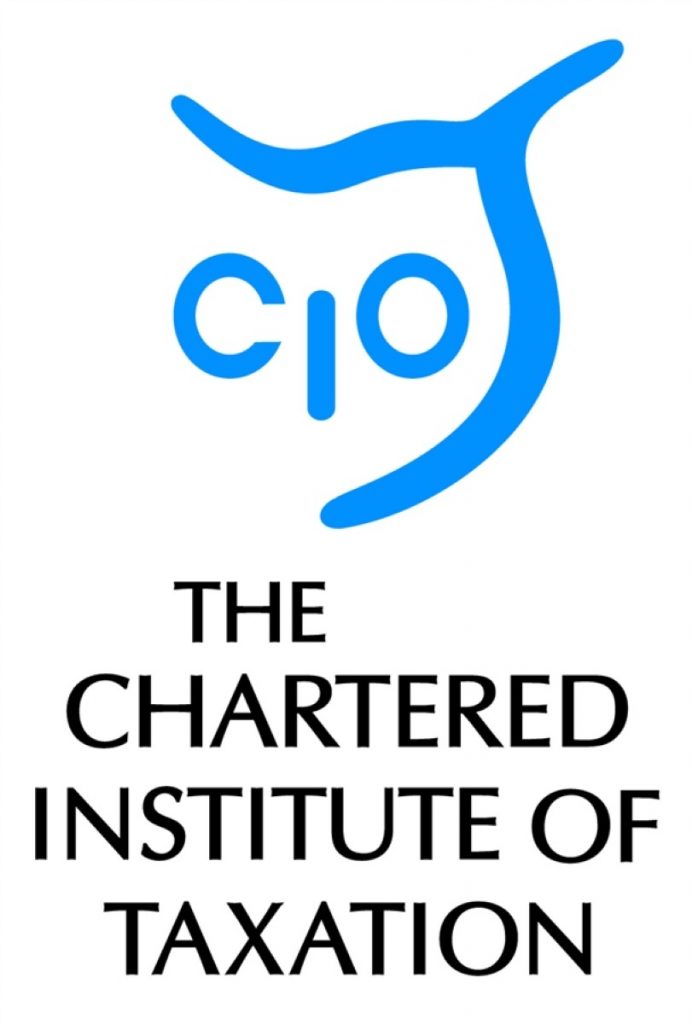CIOT: PAYE reforms ‘merit further exploration’
Government proposals for improving the PAYE system could provide benefits for HM Revenue and Customs (HMRC), employers and employees alike, but introducing them will present significant challenges and will require the investment of substantial amounts of time, money and attention to detail if they are to work successfully.
That is the response of the Chartered Institute of Taxation (CIOT) to proposals floated in an HMRC discussion paper – ‘Improving the operation of Pay As You Earn (PAYE)’. The central proposal of the paper is for ‘Real Time Information’, a more frequent flow of information from employers to HMRC to increase the accuracy of PAYE deductions, tax credits, student loans, etc. However the paper also introduces the idea of ‘Centralised Deductions’, under which HMRC would, as the holder of all relevant information about each employee’s tax liabilities, deduct the tax before passing on the net salary to the employee.
Commenting, John Whiting, CIOT Tax Policy Director, said:
“The fundamental aim in this area has to be to get PAYE deductions to be more accurate so that the numbers of taxpayers over and underpaying each year are significantly reduced.
“The idea of information flowing from employers to government as soon as circumstances change, rather than being reconciled at the end of the tax year, is a seductive one, but this proposal would be likely to load additional costs onto employers, particularly those who do not currently use electronic methods for paying their employees. The real benefits of real time information would only be seen if the system became truly interactive and allowed three-way communication and data transfer between employers, HMRC and employees. We are a long way from that.
“The proposal for centralised deduction of tax by HMRC should reduce employers’ admin burdens, but raises many other issues. Having the wages of every employee in the country passing through one huge data processor is high-risk and many people would be concerned by the prospect of their wages passing through the Government’s hands. HMRC’s help and advice services would need much greater resources if they are going to have to field the enquiries about deductions currently being fielded by employers.”
The CIOT proposal: Centralised Calculations
To allay some of these concerns the CIOT has suggested an alternative approach: Centralised Calculations. Under this approach, HMRC would do the calculations to arrive at the PAYE, NICs and student loan repayments due. HMRC would then simply notify the employer as to what deductions to make and the employer would make those deductions as it does now. This would allow the employer to retain a greater control over its funds while HMRC deals with all the calculations through a central processing engine. This might be a first stage along the route to centralised deductions, i.e. to build confidence amongst employers and employees in the HMRC calculator, and enable teething problems to be ironed out with the assistance of employers.
Notes to Editors
1. The CIOT response includes the following key points:
As a means of starting a discussion on ways to improve the operation of PAYE this document is very welcome. The ideas put forward in the discussion document, and particularly the ultimate goal of Centralised Deduction, merit further exploration.
The CIOT is, however, concerned about the potential cost to employers of the ‘Real Time Information’ proposal and whether HMRC systems are sufficiently robust and accurate, and helplines adequate to support a move to Centralised Deductions at this time.
In the short-term, the CIOT are encouraging the Government to focus on improving the operation of the new integrated National Insurance & PAYE Service (NPS) computer system.
As the CIOT points out, the shortcomings with the NPS are well known. “[T]here have been problems with the quality of the data and inability to correctly match data, which have led to multiple and incorrect codes being issued and potential over and under payments of tax arising.”
The CIOT believes that the first stage of evolving PAYE must be to improve the operation of NPS. We are aware that HMRC is undertaking a stabilisation programme and we think that HMRC should ensure that the issues arising with NPS are fully addressed before embarking on further major IT projects such as Real Time Information and Centralised Deductions. In particular, we are very conscious that HMRC has limited (and decreasing) resources at its disposal to deal with such issues.
2. The Chartered Institute of Taxation (CIOT) is a charity and the leading professional body in the United Kingdom concerned solely with taxation. The CIOT’s primary purpose is to promote education and study of the administration and practice of taxation. One of the key aims is to achieve a better, more efficient, tax system for all affected by it – taxpayers, advisers and the authorities.
The CIOT’s comments and recommendations on tax issues are made solely in order to achieve its primary purpose: it is politically neutral in its work. The CIOT will seek to draw on its members’ experience in private practice, government, commerce and industry and academia to argue and explain how public policy objectives (to the extent that these are clearly stated or can be discerned) can most effectively be achieved.
The CIOT’s 15,000 members have the practising title of ‘Chartered Tax Adviser’ and the designatory letters ‘CTA’.
– ENDS –
George Crozier
External Relations Manager
D: +44 (0)20 7340 0569
M: +44 (0)7740 477374
(NB. I am currently out of the office at Conservative Conference in Birmingham so please use my mobile number to call me.)
The Chartered Institute of Taxation
Registered charity number 1037771
www.tax.org.uk
The Association of Taxation Technicians
Registered charity number 803480
Registered company number 2418331
VAT Registration Number 497 5390 90
www.att.org.uk
1st Floor, Artillery House, 11-19 Artillery Row, London SW1P 1RT





-01.png)